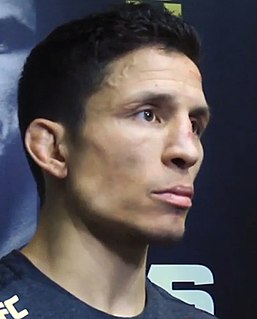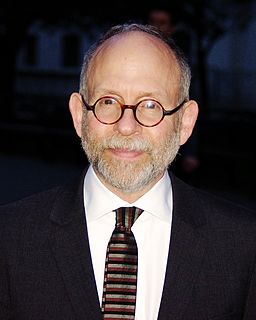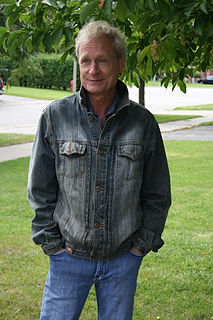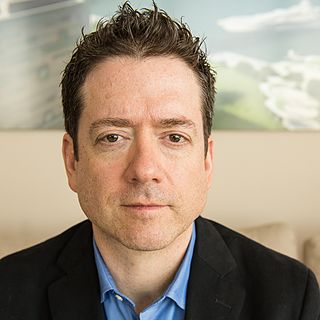A Quote by Neil Gaiman
Chicago happened slowly, like a migraine. First they were driving through countryside, then, imperceptibly, the occasional town became a low suburban sprawl, and the sprawl became the city.
Related Quotes
This rose became a bandanna, which became a house, which became infused with all passion, which became a hideaway, which became yes I would like to have dinner, which became hands, which became lands, shores, beaches, natives on the stones, staring and wild beasts in the trees, chasing the hats of lost hunters, and all this deserves a tone.
The first seastead happened fifteen centuries ago. The result was the most beautiful city in the world, Venice. People who were sick of their violent governments fled to the water, where they built civilization on stilts. That startup society - a free city-state on the water - became so successful it dominated the Mediterranean for a thousand years.
































